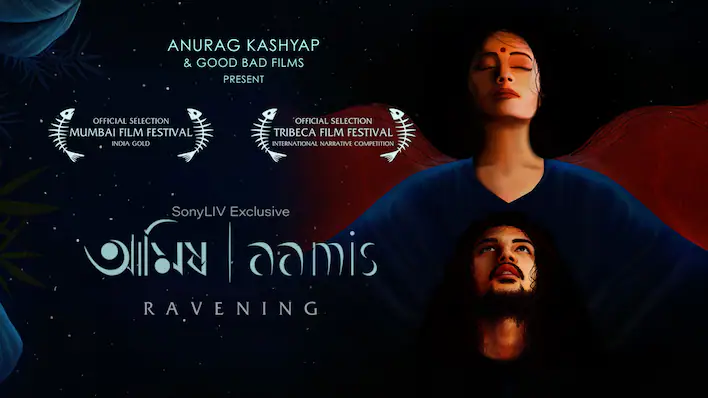In the realm of Assamese cinema, Bhaskar Hazarika’s 2019 film “Aamis” stands as a bold and innovative masterpiece, challenging conventional storytelling and societal norms. This unique blend of romance, drama, and psychological thriller takes audiences on a compelling journey into the intertwined worlds of desire, passion, and the complexities of human relationships.
At its core, “Aamis” revolves around the characters Nirmali, a married pediatrician, and Sumon, a young Ph.D. student immersed in researching the food habits of northeastern India. Their paths cross, not in the traditional realms of love, but over a shared love for food—especially the exotic and forbidden meats. As their relationship deepens, the film ventures into uncharted territories of culinary experimentation, pushing the boundaries of social norms and morality.
The title itself, “Aamis,” translating to “Meat” in English, serves as a thematic anchor for the movie. The narrative unfolds as a provocative exploration of the characters’ unconventional connection, delving into a world where their shared passion for food becomes a metaphor for desire and intimacy. Hazarika’s storytelling prowess shines as he navigates the complexities of their relationship with sensitivity and depth.
One of the film’s remarkable achievements lies in its ability to seamlessly blend genres. It isn’t merely a love story or a psychological thriller; it’s an intricate tapestry of emotions and experiences. The characters’ journey is a psychological exploration that challenges societal expectations, leading them into uncharted territories where the forbidden becomes a means of connection.
The film’s success extends beyond its storytelling, earning widespread acclaim for its strong performances and thought-provoking themes. Nirmali and Sumon, portrayed by talented actors, breathe life into characters that defy stereotypes. Their chemistry and the nuanced portrayal of their evolving relationship contribute to the film’s emotional impact.
“Aamis” has left an indelible mark on the film festival circuit, participating in prestigious events like the Tribeca Film Festival and the Mumbai Film Festival. The movie’s unconventional narrative and Hazarika’s directorial vision have garnered attention and accolades, firmly establishing it as a standout in contemporary Assamese cinema.
Moreover, the film’s exploration of desire and taboos extends beyond the screen, sparking conversations about societal norms and the constraints placed on human relationships. It challenges audiences to reflect on the blurred lines between right and wrong, conventional and unconventional.
